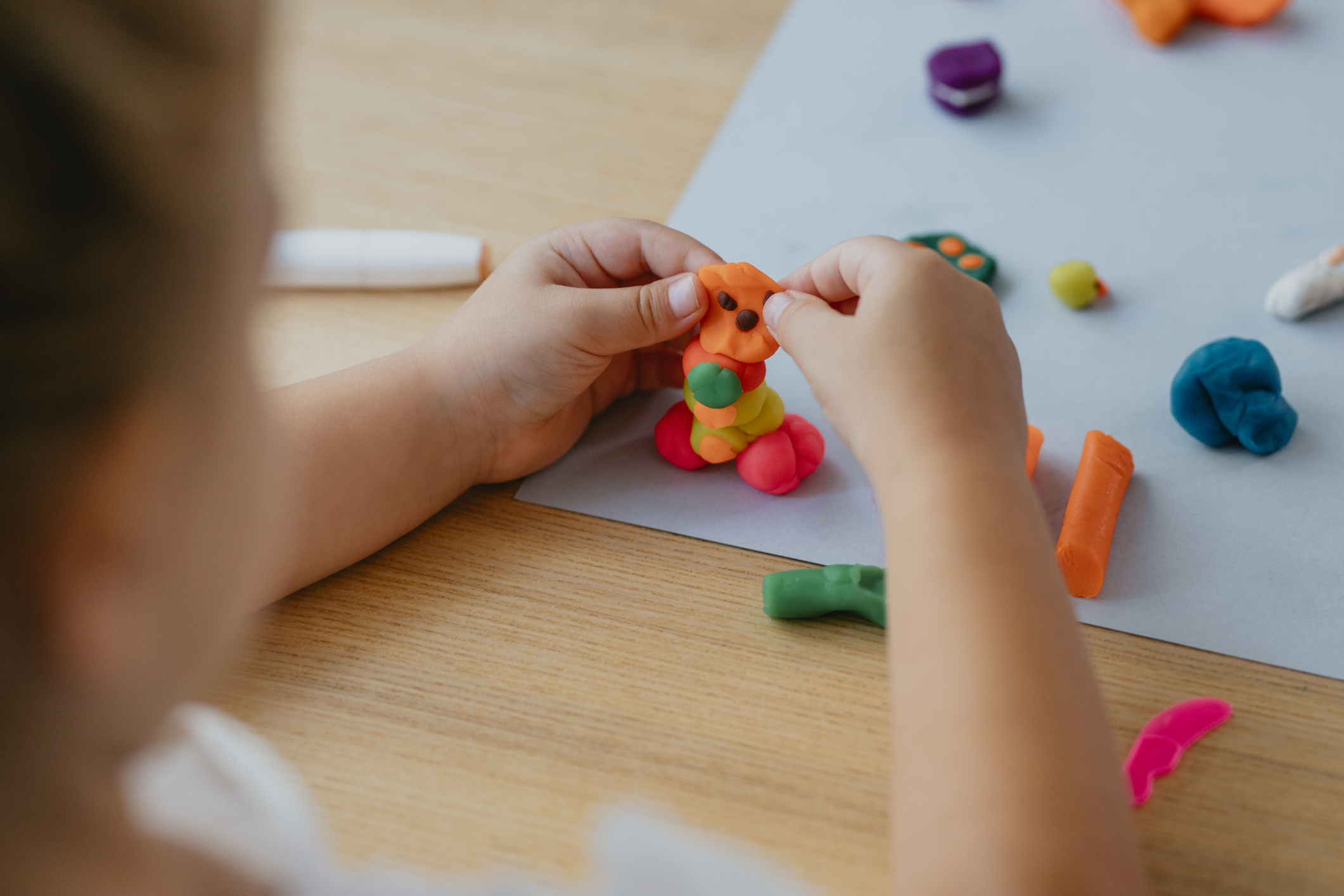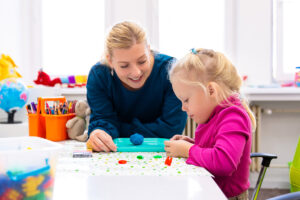
Managing Juvenile Arthritis in Children: Effective Treatments and Support
When a child is diagnosed with juvenile arthritis, families often face a mix of questions, emotions, and uncertainties. While arthritis is commonly associated with aging, juvenile arthritis—specifically juvenile idiopathic arthritis (JIA)—affects nearly 300,000 children in the United States.*
Managing this condition requires a blend of medical treatment, daily care strategies, and emotional support. At Pediatric Therapeutic Services (PTS), we partner with schools and school-based pediatric therapists to help children with JIA thrive both physically and emotionally.
What Is Juvenile Idiopathic Arthritis?
Juvenile idiopathic arthritis is an autoimmune condition that causes persistent inflammation in one or more joints before the age of 16. Symptoms can include:
- Joint pain
- Swelling
- Stiffness
- Fatigue
Some children may experience occasional flare-ups, but for others, they can persist and impact daily movement, focus, and emotional well-being.
There are several subtypes of JIA, each with varying symptoms and health considerations. Common areas affected include the knees, hands, and ankles, but some children may also experience inflammation in the eyes or internal organs. Since symptoms and severity differ widely, personalized support is critical.
Juvenile Idiopathic Arthritis Safety Considerations
One of the first steps in managing JIA is creating a safe and accessible environment. While movement is important, safety measures should be in place to reduce joint stress and limit the risk of injury during flare-ups.
Ergonomic adjustments
Children with joint stiffness or weakness may benefit from adaptive tools like pencil grips, ergonomic scissors, or lightweight utensils. Providing slant boards or alternative seating in schools can ease pressure on painful joints.
Mobility accommodations
For students who experience difficulty walking or standing for long periods, supportive seating, shortened distances between classes, or the use of mobility aids (like a rolling backpack or a walker) may be necessary.
Weather planning
Cold or damp weather can worsen joint stiffness. Extra layers, hand warmers, or warm-up time before outdoor activities can make a big difference in a child’s comfort and participation.
The occupational and physical therapists who work alongside us at PTS also work with schools to ensure each child’s Individualized Education Program (IEP) or 504 Plan reflects their physical and functional needs.
Recommended Activities for Juvenile Idiopathic Arthritis
Movement plays a key role in supporting joint health and maintaining strength and flexibility. The goal is to stay active while minimizing joint strain. Ideal juvenile idiopathic arthritis activities are gentle, low-impact, and adaptive when needed.
Swimming and aquatic therapy
Water-based movement reduces joint pressure and allows for a fluid range of motion. Healthcare providers often recommend it for exercise and relaxation.
Yoga and stretching
Light stretching and yoga routines tailored for children can support flexibility and reduce stiffness, especially during transitions or after periods of inactivity.
Creative movement
Dance, music-based movement games, or play-based exercises during therapy sessions can make physical activity more engaging while supporting coordination and body awareness.
Therapists can integrate movement into therapy through play and function-based goals, promoting physical and emotional regulation.
Emotional and Social Support for Kids with JIA
Chronic illness can take a toll on a child’s emotional health. Pain, fatigue, and physical limitations may lead to frustration, anxiety, or isolation. Juvenile idiopathic arthritis support includes physical accommodations and emotional and peer-based resources.
Mental health services
School-based counselors and psychologists can provide coping strategies, social-emotional learning support, and outlets for emotional expression.
Peer connection
Group sessions, support groups, or buddy systems can help children feel less alone in their experience. Knowing other kids who also manage chronic conditions can provide comfort and understanding.
Classroom support
Teachers and staff can be part of the support system by making thoughtful modifications during flare-ups and understanding the invisible challenges of fatigue or pain.
A team-centered approach helps ensure that every adult in a child’s learning environment has the tools and knowledge to provide consistent support.
Treatment Options for Juvenile Arthritis
Medical management for JIA is highly individualized. Pediatric rheumatologists typically prescribe a combination of anti-inflammatory medications, physical therapy, and ongoing monitoring.
Some treatment plans may include:
- Nonsteroidal anti-inflammatory drugs (NSAIDs)
- Disease-modifying antirheumatic drugs (DMARDs)
- Biologic agents that target immune system responses
- Physical and occupational therapy to preserve joint function
According to Johns Hopkins Medicine, early treatment can improve long-term outcomes and prevent joint damage.** Collaboration between doctors, therapists, schools, and families ensures that care remains holistic and responsive to the child’s evolving needs.
How PTS Supports Children with Juvenile Arthritis
Therapists who work alongside us understand the complexities of chronic pediatric conditions like JIA. From individualized therapy plans to adaptive classroom strategies, we aim to help every child stay engaged, independent, and included.
We collaborate with IEP teams to:
- Set realistic therapy goals
- Adjust motor activities based on flare-ups
- Coordinate with healthcare providers
- Educate school staff about condition-specific needs
Combining medical insight with compassionate care, we help students with juvenile arthritis succeed in school and beyond.
Join PTS to Support Children with Juvenile Arthritis
Managing juvenile arthritis is a journey that involves physical care, emotional support, and ongoing collaboration. With thoughtful interventions, engaging activities, and a team that understands the unique challenges of JIA, children can continue to grow, learn, and thrive. Contact PTS to learn more today.



